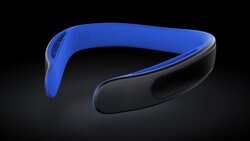I was at a talk given by behavioural economist Paul Craven today, and thought I'd pass on this story because it draws a nice parallel, and illustrates the limits of "common sense".
Police like putting up signs like this:
Unfortunately when they do pickpocketing actually increases, because men's automatic reaction to seeing the sign is to tap their pocket to check they still have their wallet. Which tells thieves exactly which pocket to go for.
He also reminded us of the power of the story. Researchers asked subjects whether they'd like to take a drug which is only 30% effective against a particular disease and has some nasty side effects. When accompanied by an accurate story about the side effects, only 7% of people were willing to take the drug. But when accompanied by an accurate story about how the drug had helped a patient, nearly 60% were willing to take it.
At the moment there's a big industry in telling us (a) how horrible and dangerous cycling is, and (b) how a helmet is an essential protection because [insert nasty story here]. I can't help thinking that it would be relatively simple to create a fund of stories about (a) how fun and safe cycling is, and (b) how [nice thing happened despite an accident without a helmet]. To be honest, I think (a) is more of a challenge than (b), especially when the automatic reaction to "car driver missed me" stories isn't "fantastic - car driver missed you" but "OMG - you were
nearly killed. We must Do Something."



